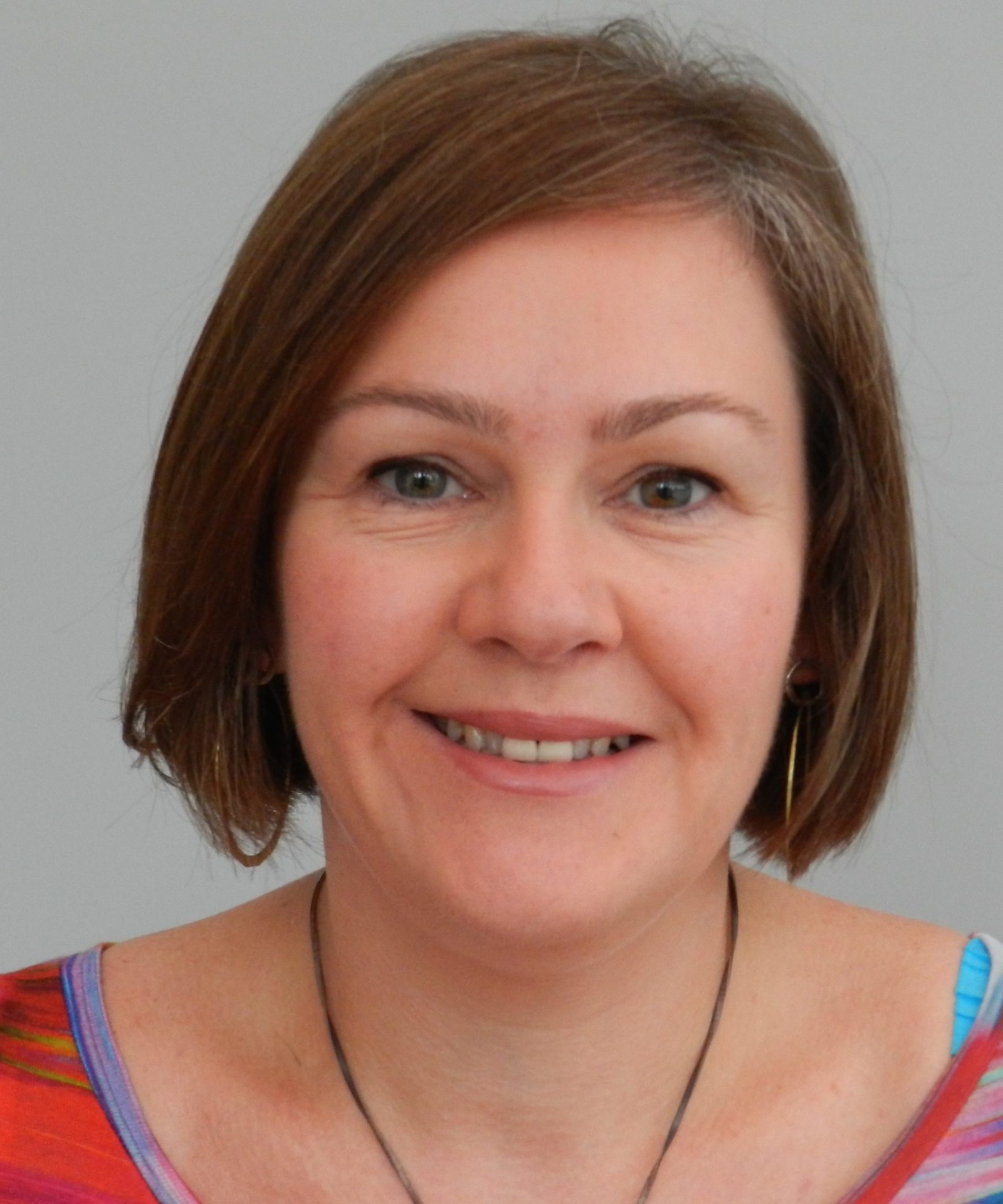Can structuring decision support with Construal Level Theory assist carers who are making decisions on behalf of a person who is living with dementia?
- Date
- Wednesday 19 February 2020, 14:00 - 15:00
- Location
- Charles Thackrah room 1.05
- Speaker
- Helen Convey, School of Healthcare
Abstract
Dementia affects the individual’s ability to make decisions and to undertake everyday activities. When the individual who is living with dementia (the Person) does not have decisional capacity the Carer may need to make the decision. This can create a dilemma for Carers. Carer decision makers find their role challenging, stressful and they experience uncertainty. Understanding how Carers form beliefs and make judgments may inform the development of support for Carers. CLT is a theoretical approach which provides a way in which to explore Carer thinking. CLT contends that we can understand different perspectives, imagine and predict the future by travelling across psychological distance. This involves thinking which is more abstract than thinking about the here and now, which is more concrete.
This project was in two phases. In Phase One the aim was to explore the feasibility of using Construal Level Theory (CLT) to analyse proxy decision maker thinking. Phase Two explored decisions which generated uncertainty for dementia carer proxy decision makers (Carers). Specific aims were to; understand the relationship between the context of caring and decision making; identify the conditions which generate uncertainty; and describe how Carers search for and make sense of goals, evidence and possibilities.
In Phase One 7 participants were interviewed using a hypothetical dementia care scenario. Interview transcripts were analysed for themes and CLT was applied to participant responses using the Linguistic Category Model. Phase Two was an exploratory, qualitative, interview based study. 18 unpaid Carers were asked about their experiences of decision making in one to one semi-structured interviews. Framework Analysis was used to organise, describe and explain data. CLT was then applied to data.
The findings of Phase One showed that participants travelled across psychological distance; using abstract thinking to clarify goals and provide a basis for decisions. When thinking concretely participants established boundaries regarding the decision. In Phase Two the findings showed that the caring situation had an Equilibrium which required maintenance. Routine, normality, stability and balance were required to meet the needs of the Person. Maintenance of the Equilibrium was constant and involved focusing on the present. The Equilibrium was threatened and/or became unstable if it could no longer be preserved and sustained. At this point Carers had to make a decision about whether the Equilibrium could be stabilised or whether a new Equilibrium was required. When thinking about making a judgment Carers; focused on the present; used abstract principles and abstract goals; and found it difficult to balance benefits and burdens. It was difficult to re-evaluate beliefs in line with the evidence.
As a result of this work we propose that CLT has the potential to assist Carers because it is a way of exploring different perspectives. Moving to new equilibriums seems to be unavoidable as dementia progresses. Carers need assistance to explore different concrete ways to achieve abstract goals and to see new opportunities. Support might involve; investigating whether there is a version of a goal that works for the Person and the Carer; and considering what would demonstrate that a goal is being achieved.
Bio
Helen is a part-time PhD student and a Lecturer in the School of Healthcare, University of Leeds. Her academic interests and research activities focus on ethical practice, decision-making, professional conduct and innovation in learning and teaching.
Helen holds a Developmental University Student Education Fellowship, for excellence in learning and teaching. She teaches healthcare ethics and law across a range of professional groups and she’s the Chair of the School of Healthcare Research Ethics Committee.

